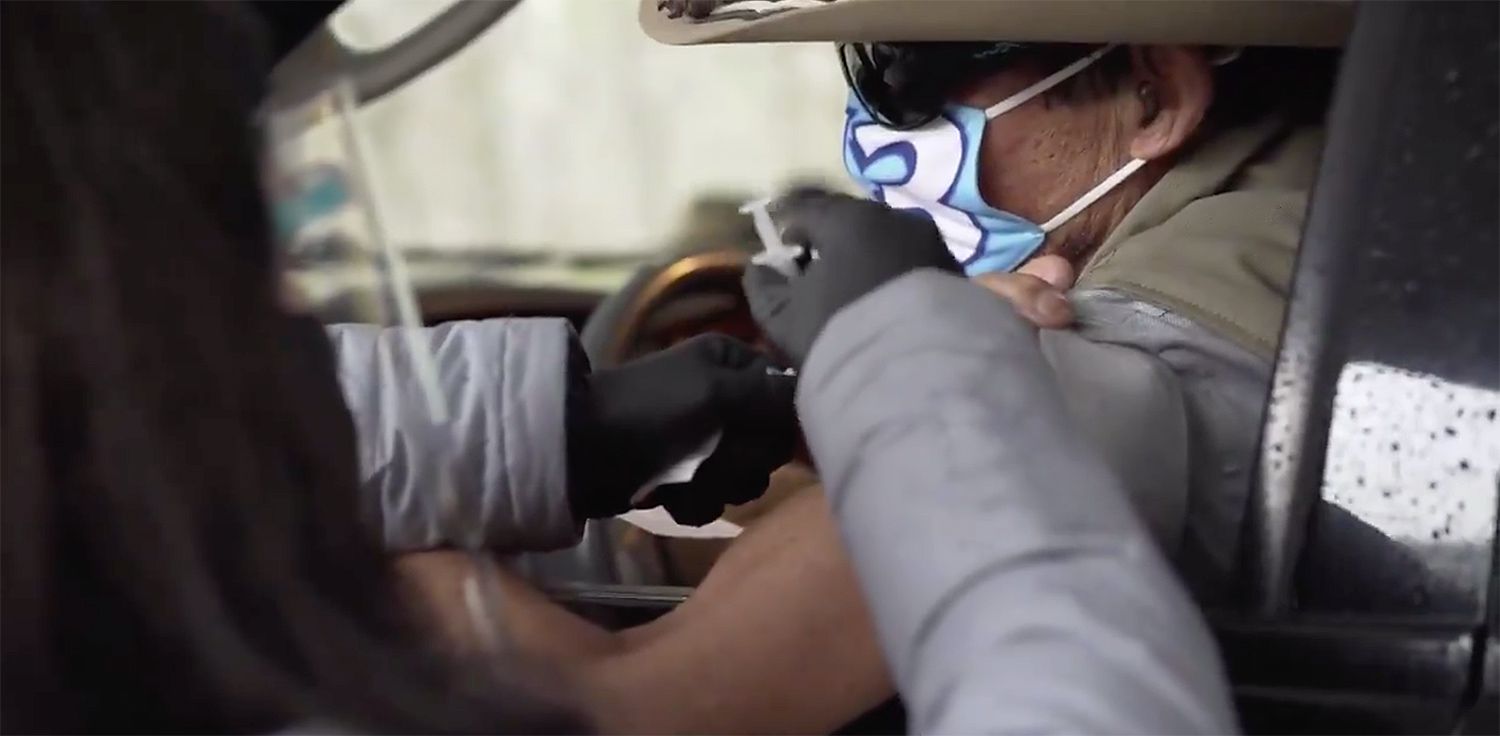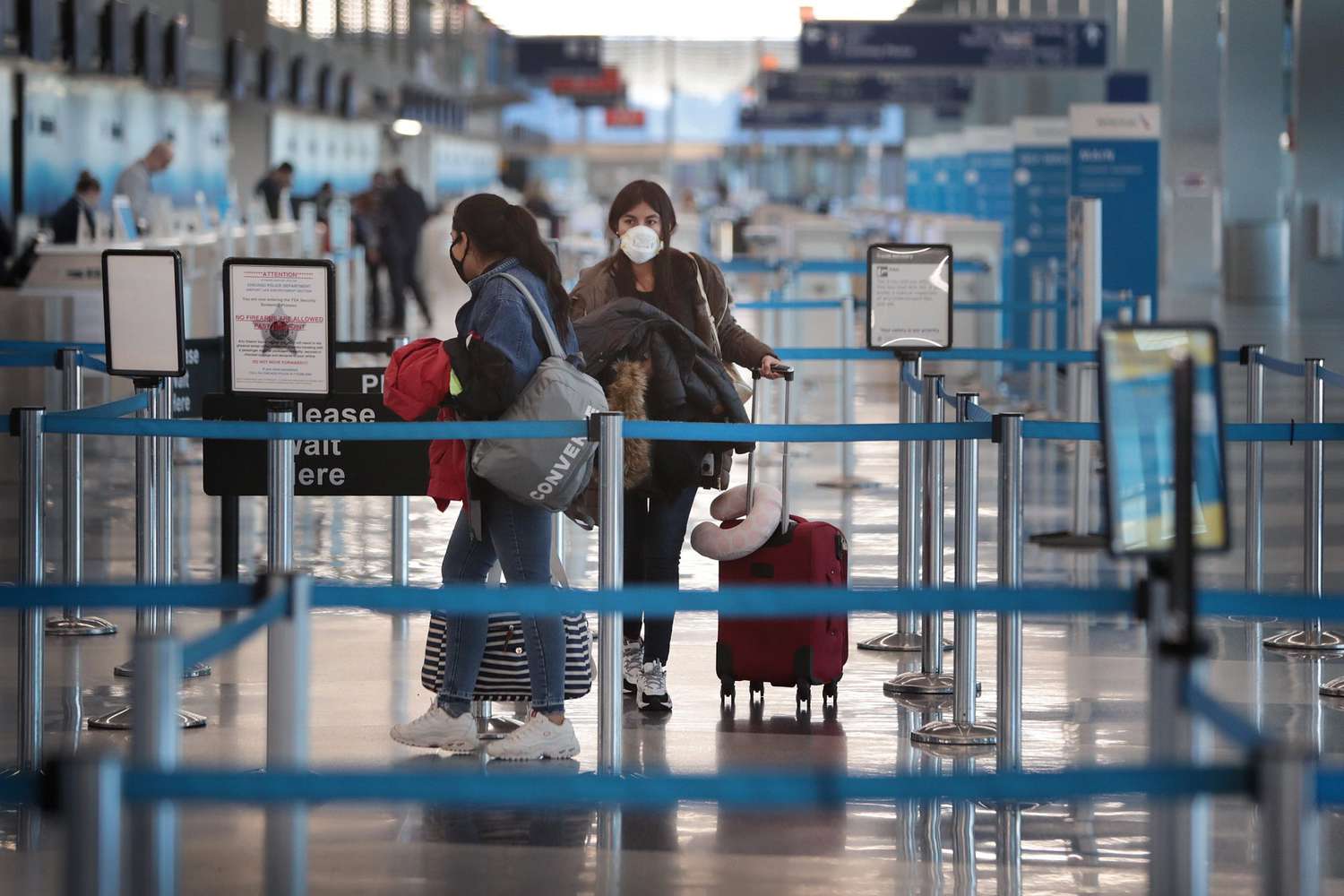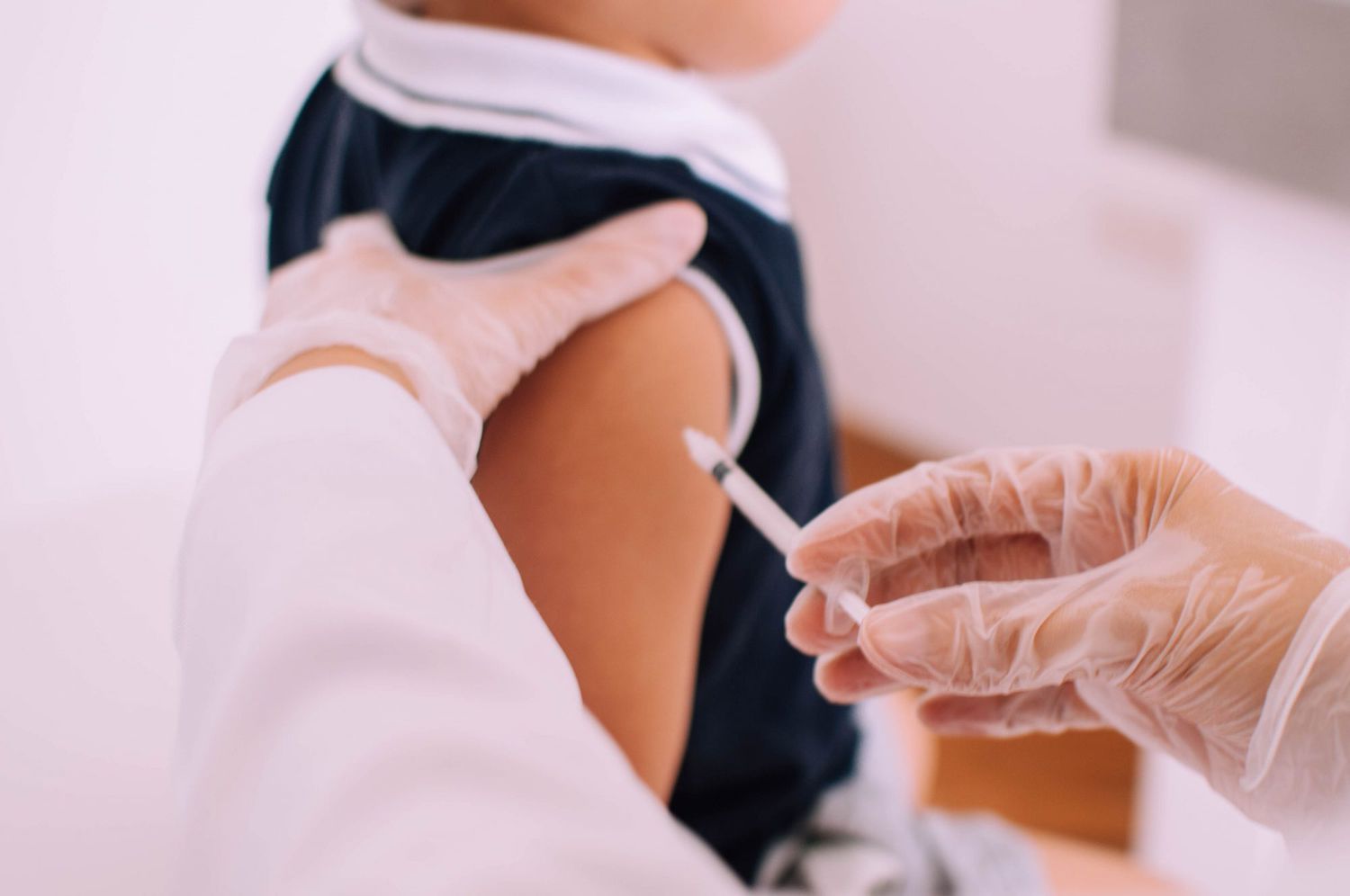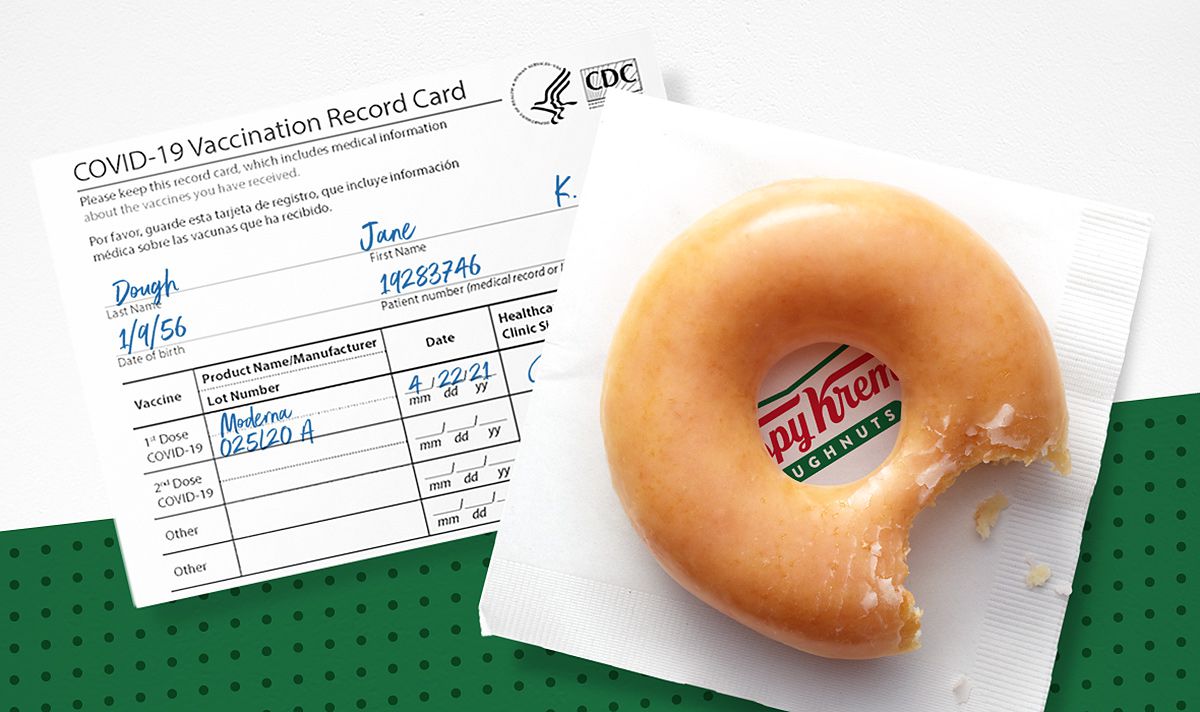
COVID-19 vaccination cards have become the new "I Voted" stickers.
In addition to its status as a social media badge of honor, the small piece of paper could be required for travel, entertainment, and other activities in the future.
Public health experts strongly recommend people keep their card handy, as it will prove their immunization status and streamline possible booster shots in the future, according to ABC News.


"A vaccination card is a tool that people can use to declare that they have some level of protection against COVID," John Brownstein, Ph.D., an epidemiologist at Boston Children's Hospital told ABC. "Being able to assess immunity to COVID is a critical part of trying to resume our daily lives."
Although logistics around the "vaccine passport" are still up for discussion, they could become necessary for entry to schools, entertainment venues and other public spaces. It's a practice often utilized in other countries, as well as public and private schools in the US that require students to be fully vaccinated.
"What these little cards have the potential to do is to make something like international travel easier by avoiding requirements for quarantine or testing," said Amesh Adalja, M.D., FIDSA, an infectious disease specialist and senior scholar at the Johns Hopkins University Center for Health Security. "Nothing has been put into place yet."

All COVID vaccinations administered in the US come with a paper trail, noting when and what kinds of vaccine was given, which could be relevant when it comes time to get a booster dose.
Dr. Krutika Kuppalli, vice chair of the Infectious Diseases Society of America's global health committee and an emerging leader in biosecurity at the Johns Hopkins Center for Health Security, told ABC that people should take a photo of their card for their records. Brownstein also suggests storing it with important documents like social security cards and passports.
Blank replacement cards should be available for patients to fill in their vaccination information, as both the facility and state where it was administered should keep those records. Adalja says, "you should go back to where you got vaccinated," or call that state's department of health. Although immunization data is not shared across states, national chains like CVS and Walgreens have promised apps with vaccination records for people who get their shots there.
Meanwhile, several private companies and organizations are developing secured apps with people's vaccination records, as a digital solution to the small paper card. The World Health Organization and other multinational health organizations are working on standards for a digital "vaccine passport."

Krispy Kreme and Staples are just a couple of the companies that have recently offered freebies for customers who present their card, while Uber and Lyft are giving people free rides to vaccination sites.
According to the CDC, more than one in five Americans have received at least one does of the COVID-19 vaccine, with more than 100 million doses administered in just 88 days.
Source: Read Full Article
